AGRIVELLO
Transforming waste into high-quality secondary resources: this is exactly what Chiara, who was born in Umbria in 1990, has been doing after she started, almost by chance, asking herself questions on wool. It happened in Friuli, where she had moved to for a two-year Master’s Degree in Agriculture after completing her Bachelor’s Degree in Perugia. “In 2017, I started my PhD at the University of Udine. My field of interest was animal husbandry, particularly zootechnics” she explains. As she climbed up to the mountain cottages and walked amongst the pastures for her research on mountain farms and cheese production, she recalls, “I started seeing plastic bags full of wool everywhere in the ditches. I wondered – she continues – who would climb all the way up to an altitude of 1,700 metres just to throw it away. I really didn’t know anything about it and wondered why it wasn’t simply dumped in skips”. She thus started to study this issue in depth, and in 2018 she decided to take part in the ReStartAlp ‘on-campus’ course promoted by Fondazione Edoardo Garrone in cooperation with Fondazione Cariplo. “I wanted to find a solution to this problem”, she says. Her first idea was a failure, she admits today, smiling: “It was a firelighter, which I named Angelina: it was meant to be a flammable cube obtained from wool and beeswax, another waste product. It was this idea that I submitted when I responded to ReStartAlp’s call for proposals. At the time, however, I did not know that burning wool is harmful, because it generates sulphur gases, which are extremely toxic. Besides, wool is not flammable. At that point, I also thought about going back home, but wasting that opportunity would have been a shame. My goal was to develop a product capable of recovering wool every year without having to wash it first. That’s how I got to the fertiliser pellet”.
Chiara’s project ranked second in the ReStartAlp ‘on-campus’ course. “After that, I was a little frustrated to see that, while the two friends who also won that year – Francesco Trovò andLuisa Lodrini– had quickly turned their idea into a business, I was much slower. The difficulties I faced in obtaining the necessary permits also made studying the effects of a process innovation far more challenging, because a pellet like Agrivello had never existed before” Chiara tells about three years of experimental tests that she was able to carry out also thanks to the support of the Department of Agri-food, Environmental and Animal Sciences (DI4A) of the University of Udine, which hosts Agrivello at the Antonio Servadei university farm in Pagnacco, at the outskirts of Udine. “I rent a room, which hosts my lab. In the meantime, I help manage the farm’s sheep, a small flock of 38 animals. They are a bit like my guinea pigs, they’re the ones I sheared the first time”, says Chiara.
